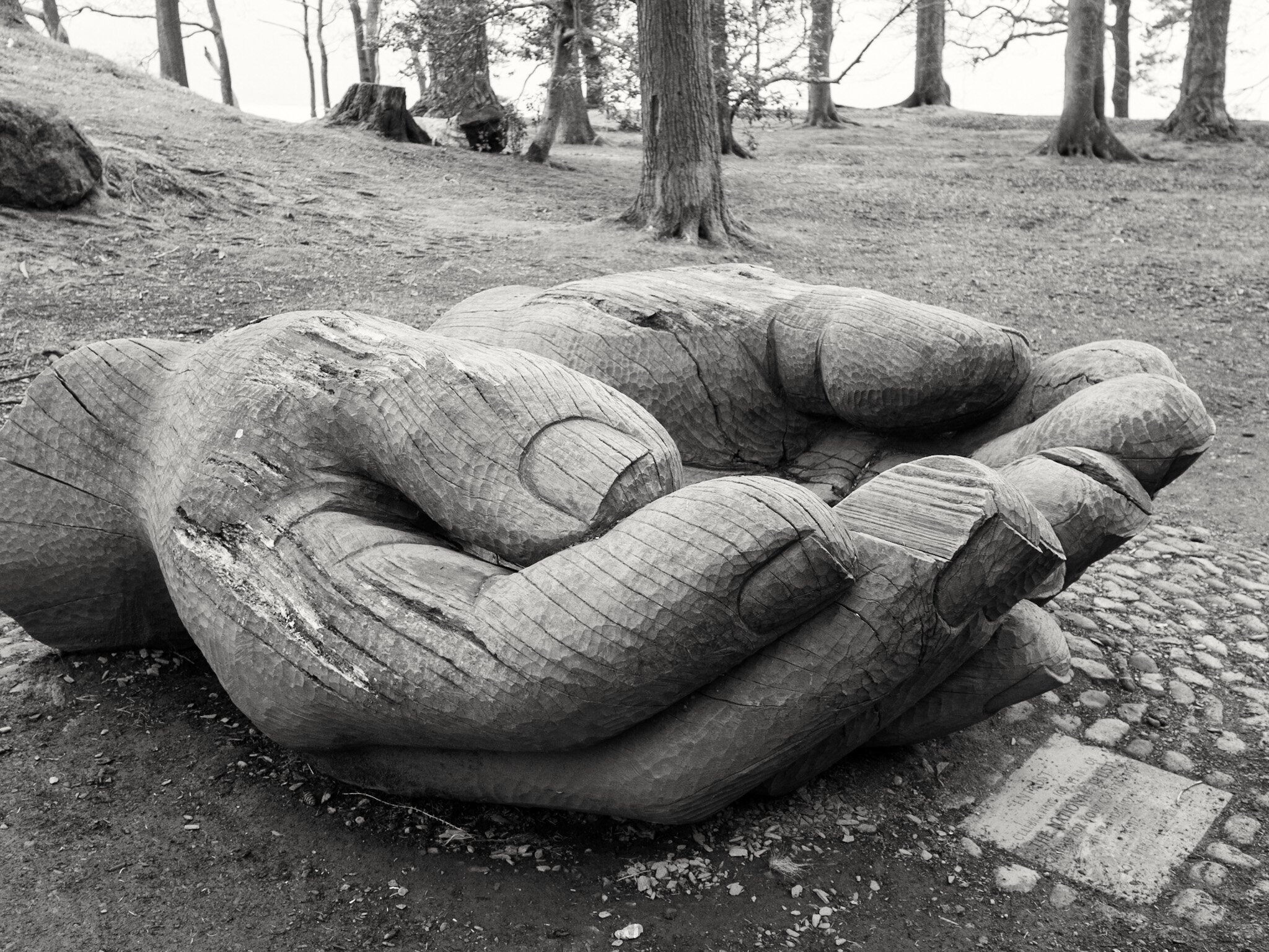Commentary on Zephaniah 1:7, 12-18
The verses included in this pericope center around the Day of the LORD and its arrival. That the day would bring devastation is clear. When seen within the chapter as a whole, however, the verses take on a more nuanced meaning.
The bulk of the chapter, verses 4-16, are words of judgment and destruction against Judah. The reason given is religious syncretism and participation in religious rites that are no part of the worship of the LORD (verses 4-6). This, having kindled the wrath of the LORD, brings the day when the LORD will act against such apostasy. What is lost without the broader context is Judah’s relationship with the rest of creation. Zephaniah 1 begins with a divine undoing of creation, from humans to birds of the air to the fish of the sea. After narrowing in on Judah in verses 7-16, the last two verses of the chapter once more pan out beyond Judah. The whole earth is consumed, leading to the end of all the inhabitants of the earth (verses 17-18).
Worship of the LORD, in this view, is not simply an individual action or proof of one people’s loyalty but rather as a part of the created order. Put simply, without worship of the LORD, the earth itself suffers.
The LORD has prepared a sacrifice
It is appropriate to gasp when reading verse 7. “The LORD has prepared a sacrifice,” because the sacrifice is the people of Jerusalem. As noted above, this verse makes more sense within the context of the whole chapter. Zephaniah has spent verses 4-6 outlining idolatrous actions like acknowledging the priests of Baal (verse 4), bowing down to the host of heavens, likely a reference to Assyrian traditions (verse 5), swearing by the Ammonite deity Milcom (verse 5), and a general ignoring the worship of the LORD (verse 6). Within this context, the LORD preparing a sacrifice is parallel imagery. Instead of making sacrifices, Judah becomes the sacrifice.
This remains a challenging image, to be sure. The idea that sin often meets itself, though, is present throughout the Hebrew Bible. It happens often that the consequences of sin are directly related to the sin itself, almost as if once out in the world sin is not containable or directable but free to wreak havoc, often returning to its origin. This is not to let the LORD off the hook. Zephaniah 1 is a judgment text, and the LORD is the judge. The judgment, though, is not arbitrary or even tit for tat but more of a case of the LORD re-working Judah’s own idolatry.
The great day of the LORD is near
Although some scholars take “the Day of the LORD” to mean a particular historical event, such as the advancement of the Assyrian army, most understand the Day of the LORD to reference a future day and eschatological event when the LORD would victoriously set Israel/Judah over enemies, many of whom would be destroyed. Like the northern prophet Amos did for the Israelites, Zephaniah turns the Day of the LORD tradition against Judah itself. Neither Jerusalem nor the broader region of Judah would escape, for if the Day of the LORD was an attempt to root out wickedness and that which stood against the LORD, there was plenty to root out within Judah.
The day of the LORD is rarely if ever without language of battle and war, and this passage is no exception. In these verses, the LORD searches out Jerusalem to find the complacent, warning that their homes and their vineyards will cease to exist (verses 12-13). Verses 15 and 16 describe devastation and the sound of the shofar, the ram’s horn, that serves as a call to battle.
Military imagery, sometimes disliked by readers desiring less physical and violent means of divine approach, would have been familiar and unsurprising to the people of Jerusalem. War was such a real threat for the small nation of Judah that it served as a ready metaphor and experience. Furthermore, the idea that sin disappears gently or easily is thoroughly unbiblical. Rooting out sin and evil is a messy and often violent business.
All the inhabitants of the Earth
The idolatry of which the inhabitants of Judah are guilty affects the world beyond their borders. This is not a case of individual retribution, where faithful worshipers of the LORD sit in safety as those guilty of idolatry face the consequence, nor do disinterested parties escape. Created beings turning against the creator has a broader impact.
In a more individualized culture where worship and faith are often understood as a personal choice, the idea that one’s worship is part of the workings of the world will sound odd. We might do better to consider the idea of a basic posture before God rather than ritual or prayer. It is more about knowing one’s place within the workings of the world and trusting God to fulfill God’s role within that same world than about specific actions.
Luther’s explanation of the first commandment in his Small Catechism is a place to begin, “We should fear, love, and trust God above all things.” Anything else is idolatry. Within the context of Zephaniah 1, to do otherwise risks divine anger, not as an individual punishment but as a result of being out of place. Removing God from God’s rightful place and placing trust in one’s self or in other things actually sets more than one’s own relationship with God akilter. It spins out to affect one’s neighbors and even the very workings of creation.
Zephaniah 1 ends here with a full and terrible end for all the inhabitants of earth. The book of Zephaniah itself moves toward joy and salvation. It is worthwhile to consider carefully the interconnectedness of our planet and the ways in which the things we do and the things we leave undone—as well as the places where we place our trust—affect the whole as we move toward the salvation God has prepared.



November 19, 2023